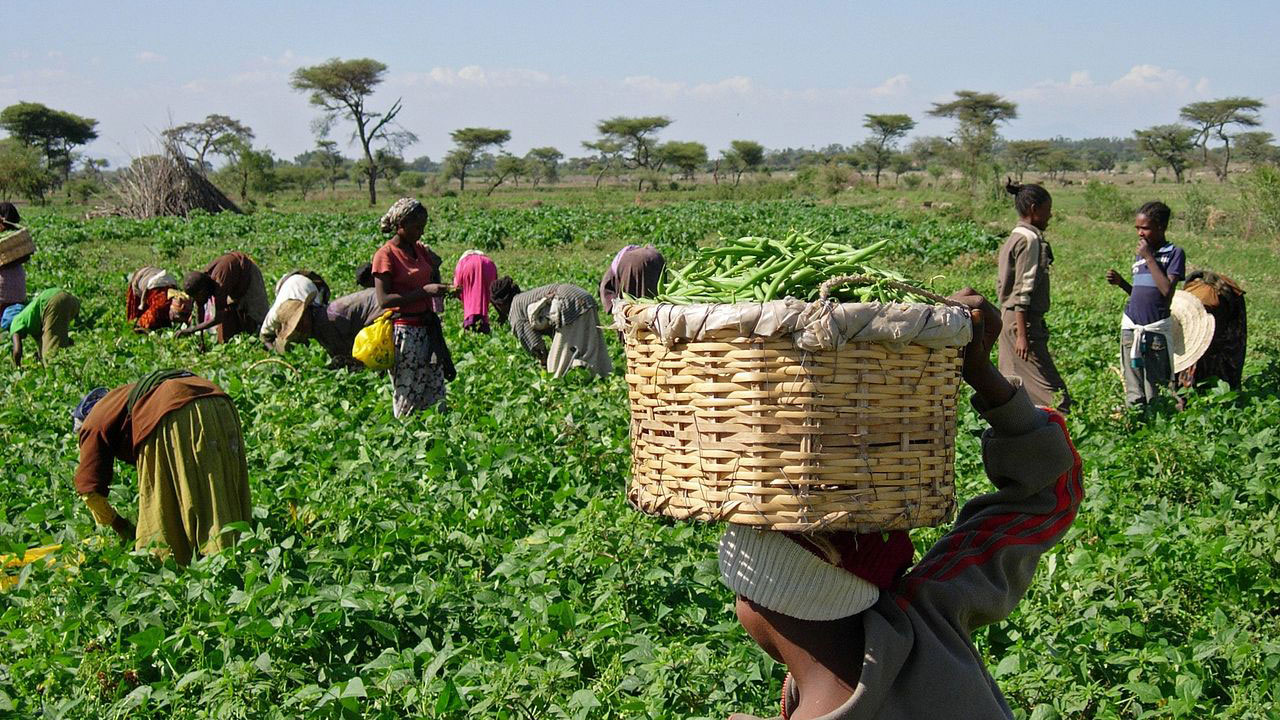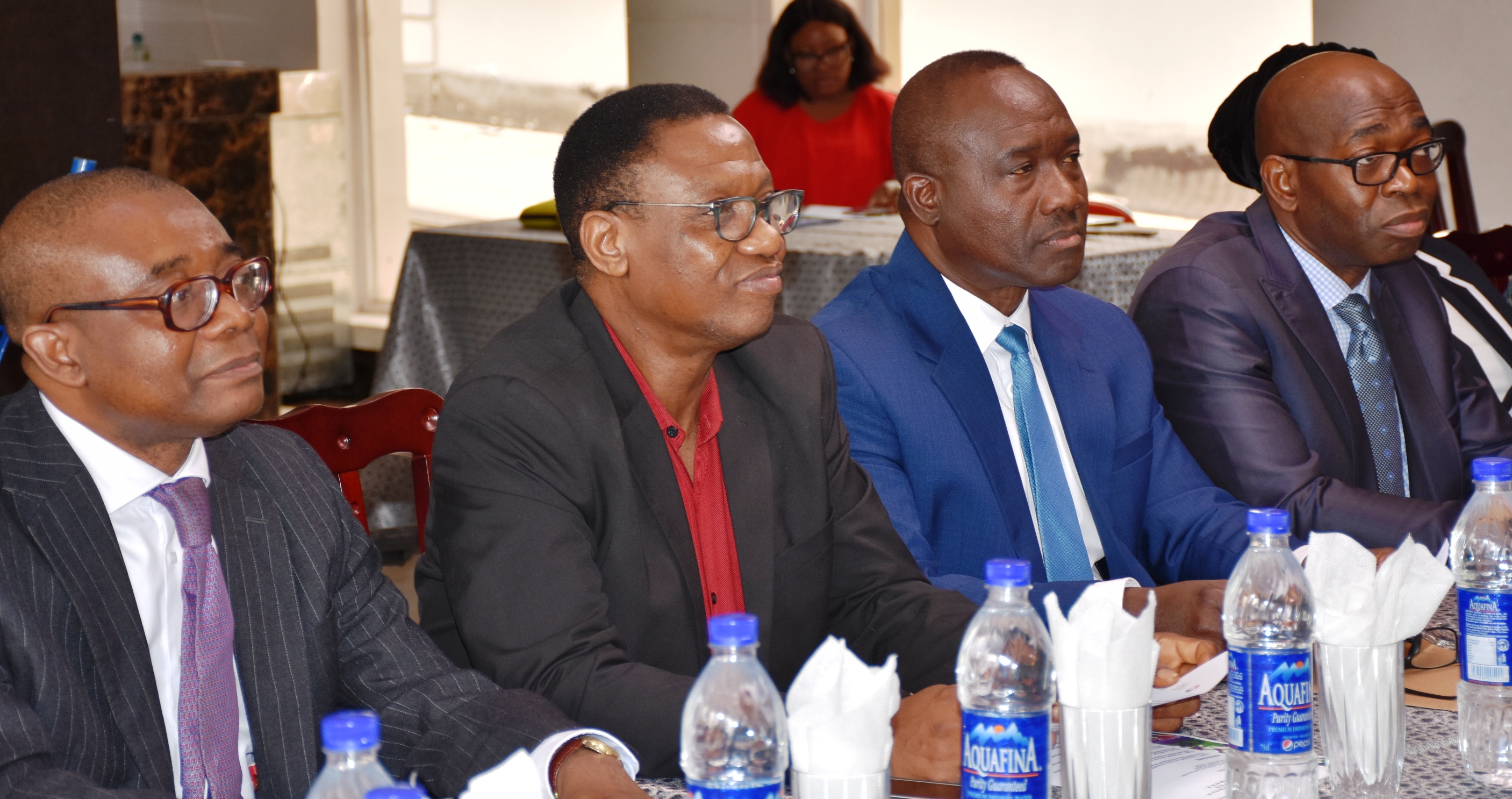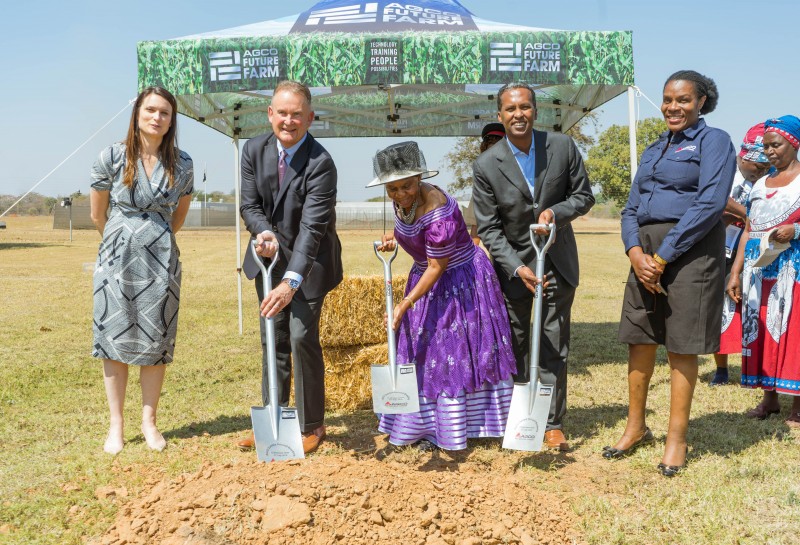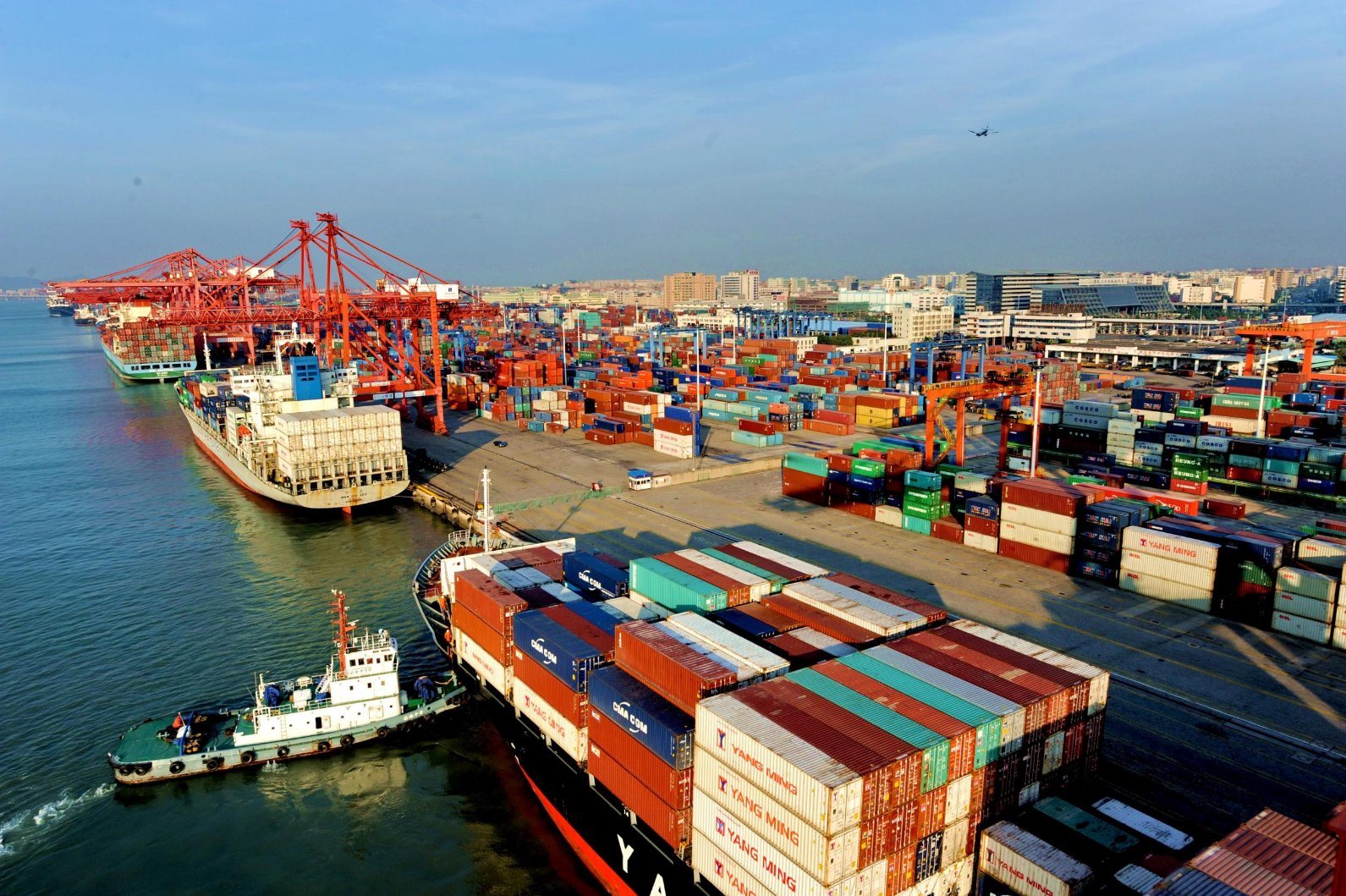NAERLS to build capacity of 360,000 smallholder maize, soybeans farmers — Executive Director
Share

The National Agricultural Extension Research and Liaison Services (NAERLS), Zaria said on Monday that the institute had devised a plan to transform the lives of 360,000 smallholder farmers of maize and soybeans through modern farming techniques.
The Executive Director of the institute, Prof. Mohammed Kabir-Othman, made this known at the opening of a three-day Stakeholders’ Inception Meeting in Kaduna on Monday.
The meeting was targeted at: `Building the Capacity of Community-Based Advisors for Improved Productivity of Maize, Rice, and Soybeans in Niger and Kaduna States’, a project under the United States Agency for International Development (USAID), Alliance for Green Revolution in Africa (AGRA), NAERLS, and Community Based Advisors for Improved Productivity (CBA).
Kabir-Othman said: “NAERLS was privileged to receive a grant of over $1 million for the project that will be implemented in two states of Kaduna and Niger in the next two years.
“The essence of the project is to increase the productivity and income of 360,000 smallholder farmers in the two states.
“The whole idea is to galvanise the establishment of private extension agents but when we talk of private, we are not talking about those who are going to make profit.
“We are talking about the farmers themselves should be the extension personnel by acquiring knowledge and sharing it among themselves.”
He noted that the public extension system was on the verge of collapsing, adding that in the past 30 years the services being rendered by extension agents had drastically reduced.
The executive director decried a situation where Nigeria imported food worth $1 billion annually.
“In fact, there is no single year in Nigeria that we will not spend a minimum of one billion US dollars to import food into this country.
“We also know that we produce a lot, but more than 30 per cent of the food we produce is being wasted and the problem is centered on the issue of inadequate extension services because many of our people don’t know how to preserve, how to add value, how to process or they process in a traditional way which is accompanied with lots of losses, among other things.
“We know that extension is the major component when it comes to agricultural development, whatever we are able to generate as scientists, if it cannot go to the end users (farmers), they will become useless as they will only remain on the shelf,” he said.
He promised that the institute would do everything possible to ensure that the aims and objectives of the project is fully achieved, adding that all hands must be on deck to attainment the set objectives.
Kabir-Othman observed that though about 60 per cent of Nigerians were farmers, yet, farming was not being practiced as a business but as a tradition by many.
“That is why our agricultural productivity is very low when you compare to other several countries at par with us,” he noted.
Prof. Ibrahim Garba, the Vice Chancellor, Ahmadu Bello University (ABU), Zaria, commended the organisers for what he described as a wonderful thought.
Garba described the desire to transform the agricultural sector from its subsistence form to a modern one with a clear market orientation as a most reassuring strategy and a tool for fighting hunger, ignorance, and poverty.
“The income of smallholder farmers from agricultural production, processing and marketing is marginal mainly due to low productivity, marketing constraints, as well as publicity/institutional constraints.
“This is mainly due to low input used by smallholder farmers with average fertiliser use of 18kg/hectare compared to a world average of 100kg/hectare and 150kg/hectare for Asia,” he said.
According to him, only five per cent of Nigerian farmers had access to improved seeds compared with 25 per cent in East Africa and 60 per cent in Asia.
He also identified very low level of mechanisation as another constraint with 10 tractors per 100 hectares.
He added that the average yields for maize, rice, and soybeans in Nigeria was far below the world average.
“All of these constraints are associated with a lack of awareness resulting from an ineffective extension services.
“This trend cannot be allowed to go unchecked with our enormous human and material resources,” he said.
The AGRA representative, Dr. Esther Ibrahim, said of over 156,000 and 270,000 smallholder farmers’ targeted from Niger and Kaduna states respectively, the organisation had reached out to 31,000 and 80,000 respectively.
The Kaduna State Commissioner for Agriculture, Mr Manzo Ezekiel, said that the state government had upgraded the state Agricultural Development Project (KADP) to an agency named Kaduna Agricultural Development Agency (KADA).
He explained that the agency was saddled with the responsibility of ensuring effective and efficient extension services across the state.
Ezekiel opined that extension services were key to expanded and improved agricultural productivity, adding that for any nation to be food sufficient, it must attach importance to extension services.
(NAN)



















